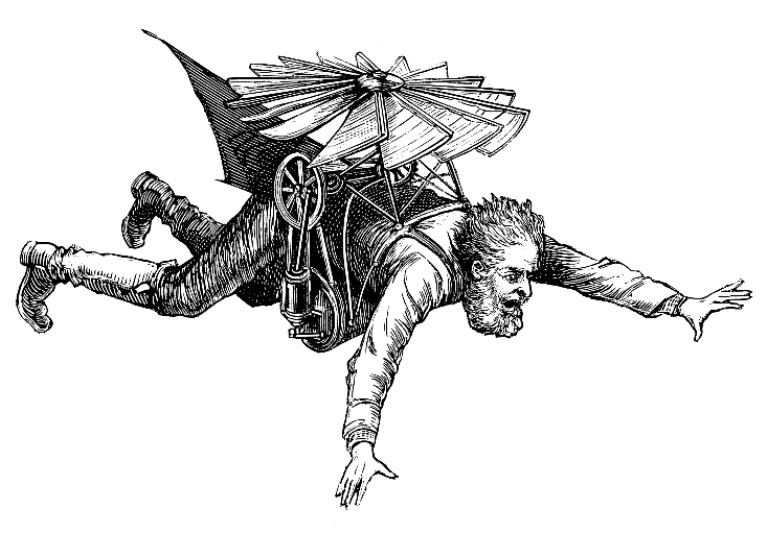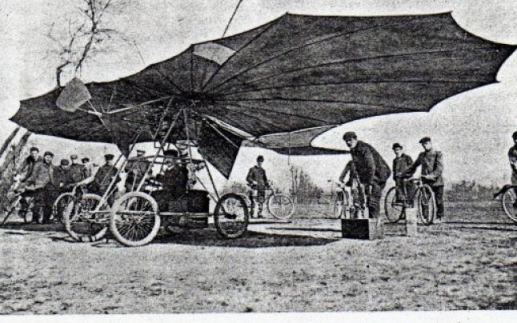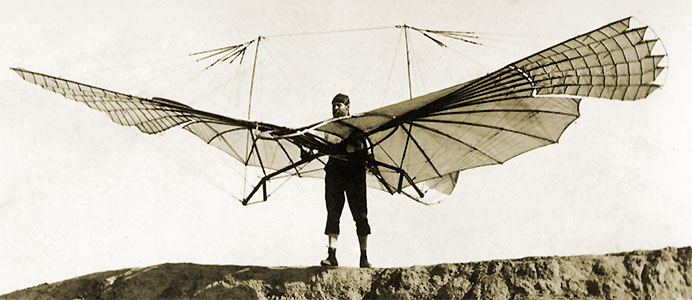A Tale
Bogdan Suceavă
Alistair Ian Blyth
Translator
(Twisted Spoon Press)
 Trajan and Miruna go to Evil Vale to stay with grandfather and grandmother. Grandfather is old and stiff, but the tales he tells!
Trajan and Miruna go to Evil Vale to stay with grandfather and grandmother. Grandfather is old and stiff, but the tales he tells!For instance, about the "fays." I suppose the translation would be witches or fairies --- but they might well be a gentle version of The Furies. Magical love power: you fall in love with one of them . . . and you are doomed.
Gheorghe ignores everyone's advice, goes into the forest, and he wakes to their songs: "They're dancing in a ring a hand's breadth above the ground, their bodies illuminated from within . . . They were creatures of sap, love, and vapor, living eternally and playing with mortals when they snared them in their power." There was one fay he quickly decided on, the one with "blue eyes and hair as black as a raven:"
Her steps were different than those of mortals, half-walking, half-dancing, a hand's breadth above the grass, and her bare shoulders, which he saw the better as she approached, looked like sculpted marble. The ground around her was garbed in a soothing glow, like the light of day.
She invites him to live with her, telling him that "our love will shine throughout the world like the sun." He says nothing, knowing that she's an enchantress. "Or better still," she goes on, "come with me into the land of pine needles, and we shall live there in endless love."
His friends find him the next morning. They see him sitting there, eyes vacant, playing music such as they'd never heard before.
"What's with you," they ask him.
The fire had gone out, and he had no other answer than that lament. He lacked something he knew he would never again possess. He knew he would never again see what he had seen that night. They were unable to make him tell what he felt, not even when the old woman performed a counter-spell on him, not even when Father Dimitrie read to him and prayed at this bedside the whole night through. Gheorghe Vartolomeu had lost the power of speech. Interposed between him and other men was now with music of lament, an endless series of doors, all locked with the notes of a flute. In his song there was nothing but shadows, smoke, and love.
§ § § Enchantments. Spells. Otherworldly creatures. Charms. If you were raised like I was, we were deluged in this stuff when we were kids, either from "children's" books, or from Disney. If you're like me, and if you go back to the tales they told us, the stories that we heard, read, or saw we find now to be pretty tame stuff; the language (or the pictures) purposely toned down, "suitable for children" --- leaden, tired.
Bogdan Suceavă (and his translator) have given us something else here. It is not only a tale of magic, but it is also comes with a magical language, one that, I claim, is very rare. "They were creatures of sap, love, and vapor . . . " "Come with me into the land of pine needles, and we shall live there in endless love." "In his song there was nothing but shadows, smoke, and love." The words, the very sentences themselves grow with and through necromancy.
And these gems pop up all over the place. One of the characters of the village of Evil Vale has a dog. "Berca later brought home a puppy, which grew to the size of a bullock, with a pelt like sheepskin, head as big as a bushel, from which a rough blueish tongue ever lolled." We've all seen dogs like that, but have they even been defined so wonderfully, and with such precision?
You think you have problems getting around, but try to come back as an angel, "with wings of dazzling white that were able to slice through the heavens in flight but a hinderance when he walked on the earth." All the anciens in Evil Vale live to be 100, 200 years old. Why? It's merely a matter of
dispensations from the laws of nature that allow time to be swathed like a shawl around certain people, a disturbance that is called deathless life, about which there is an old fairy tale where the most interesting character is not the scorpion or the woodpecker but Time itself.
I leave off giving you a run-down on the plot. With language like this, who needs a scenario? With language like this, who needs history --- for instance, the history of man learning to fly? "This happened the week Ioan the kite-maker, a man whose lifelong wish was that he'd been born a bird, discovered the secret of becoming airborne and managed to lift himself aloft from the Knoll using a mechanism made entirely of wood, with parts fitted together without nails and glued with a light resin."
Perhaps his mind had long been wandering in a whirl having more to do with the archangels than with the fays, for he had paid no mind to the secret of returning to the earth. So in gentle flight he rose in his contraption, which looked like a windmill, over Pertrașcu's yard, then over Enache Mâzgău's outhouses, until he disappeared into a curtain of cloud near Mount Nehoiu, deep into the mountains, somewhere over Transylvania, to where go all who wish they'd been born with wings.
--- Lolita Lark

